The U.S. Supreme Court has ruled in favor of Starbucks Corp. in a case revolving around the coffee chain’s firing of employees who were trying to unionize.
After this near-unanimous decision, many analysts have come out to claim that this ruling could start to impact unions nationwide — and how employers treat workers trying to unionize — immediately.
An 8-to-1 Decision
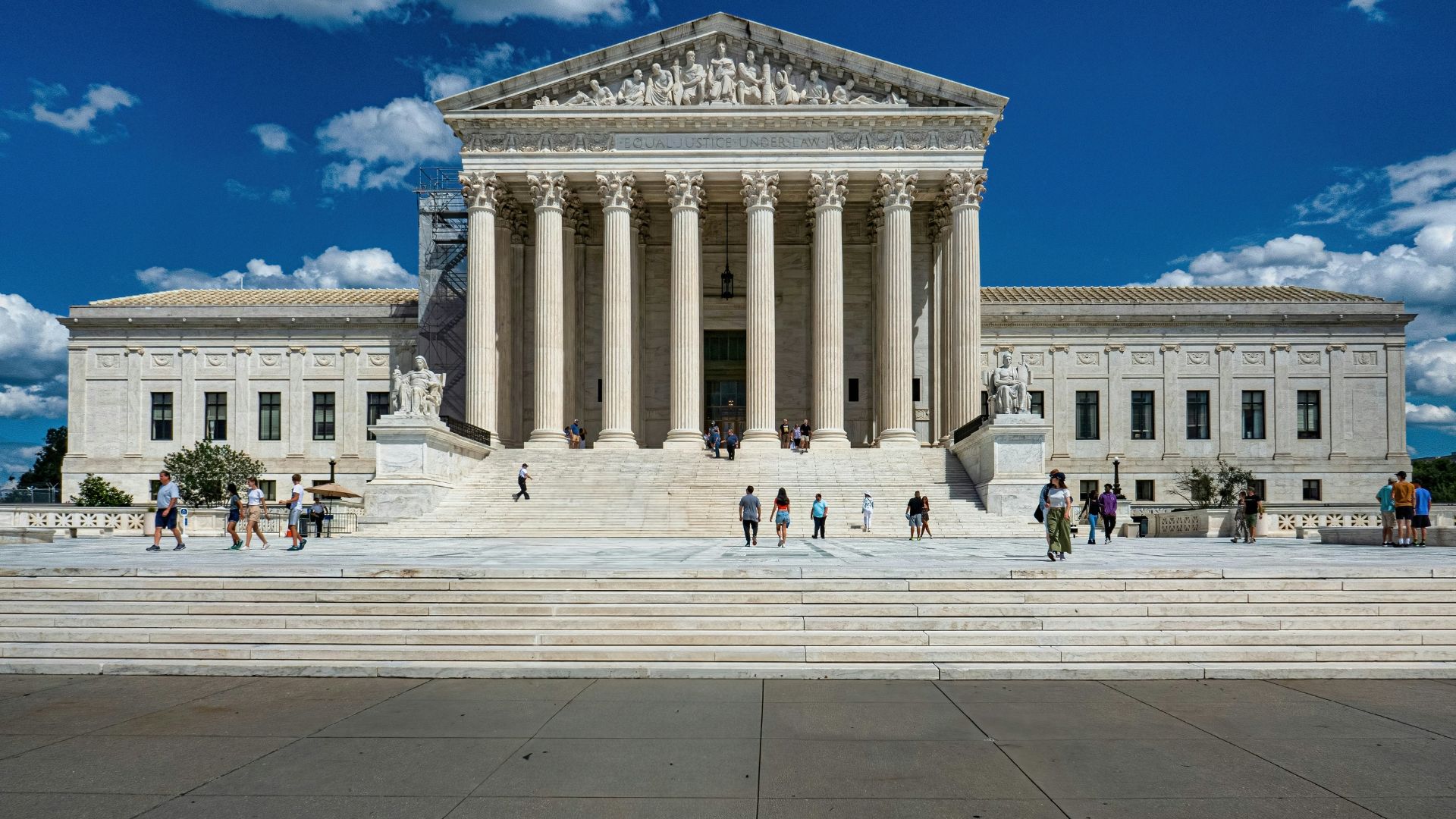
The court’s 8-to-1 decision — with Justice Ketanji Brown Jackson writing an opinion that partly concurs and partly dissents — could possibly make it harder for the federal government to utilize the courts successfully in its attempt to protect workers’ rights to organize.
This decision also comes as many businesses around the country increasingly push against President Joe Biden’s administration’s labor-friendly support.
Starbucks Corp v. McKinney
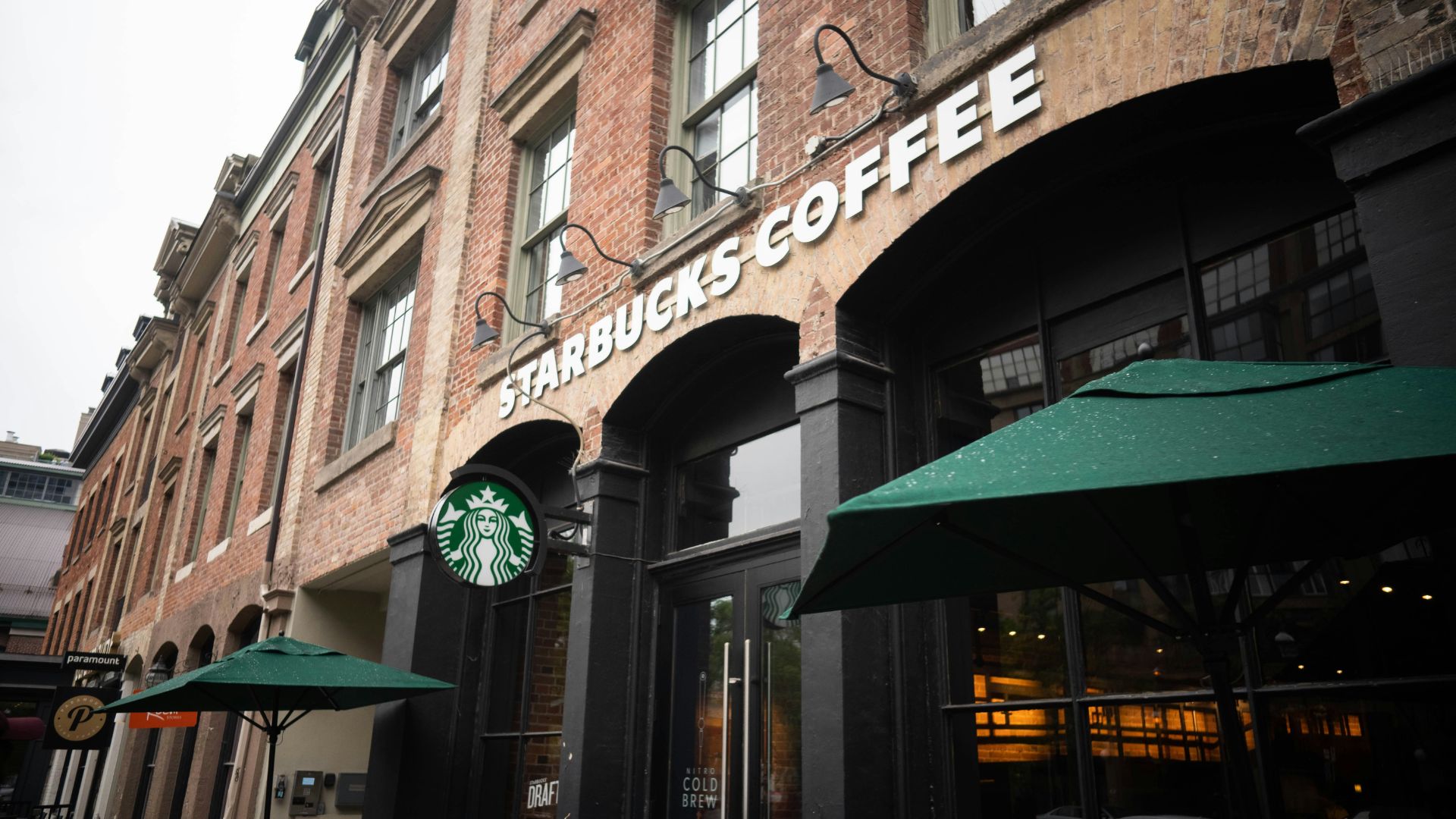
This recent Supreme Court case, Starbucks Corp v. McKinney, saw the coffee giant take the National Labor Relations Board, a U.S. agency that oversees the country’s unionization efforts.
Starbucks disagreed with the guidelines that federal courts use when allowing the NLRB to step in and solve disputes between unionizing employees and their employers.
A 2022 Dispute
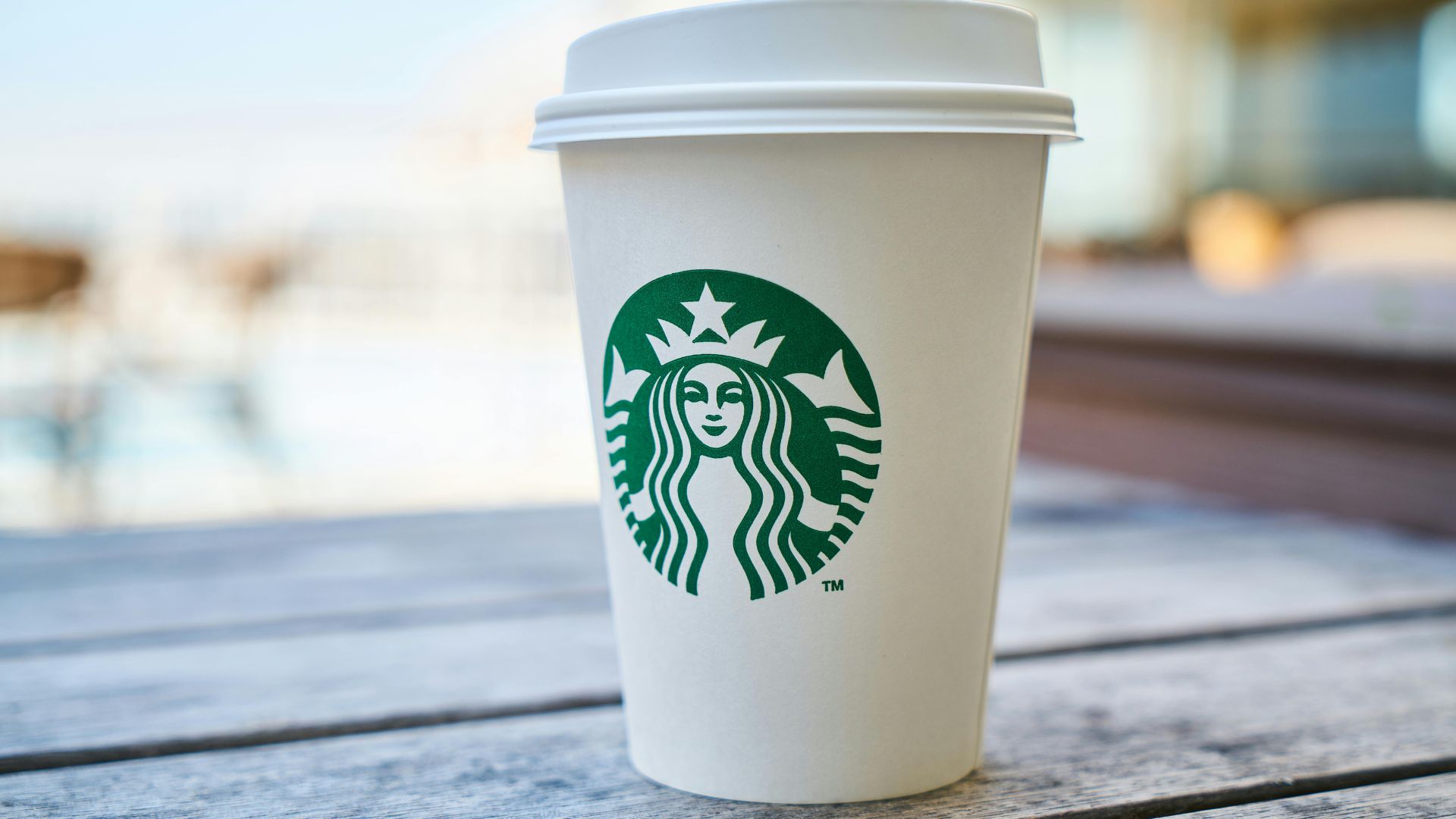
This case stems from a dispute back in 2022, when Starbucks fired several employees while they were trying to unionize their store in Memphis.
According to Starbucks, these employees weren’t fired because they wanted to unionize. They were only fired because they conducted interviews with local news stations after the store had closed — which is against company policy.
The NLRB
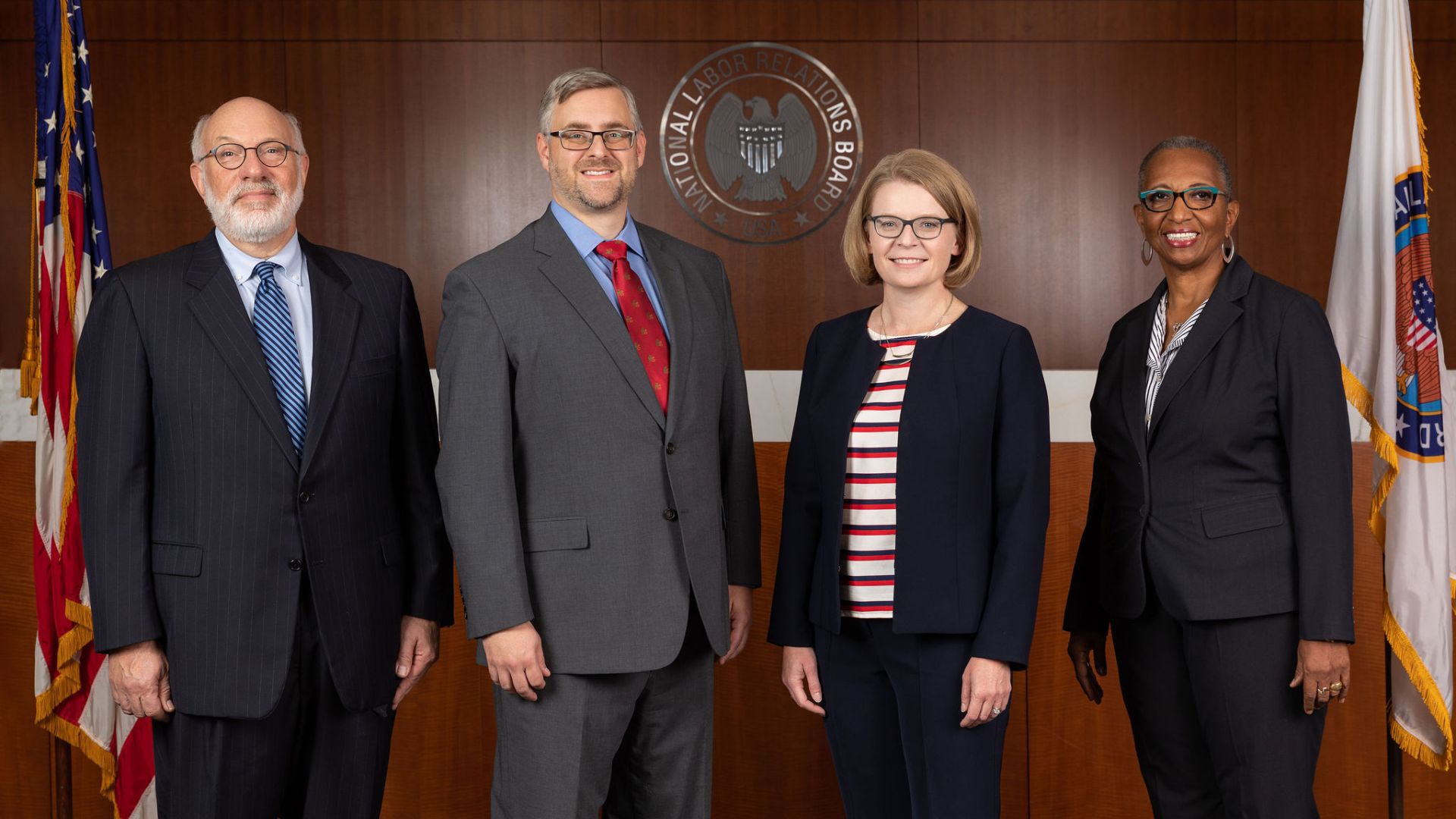
The National Labor Relations Board then entered the picture. The NLRB filed an administrative complaint, accusing the coffee chain of unfair labor practices, thanks to this firing.
An injunction was also sought by the NLRB, which led to a district court order telling Starbucks to rehire these fired employees.
Starbucks’ Appeals
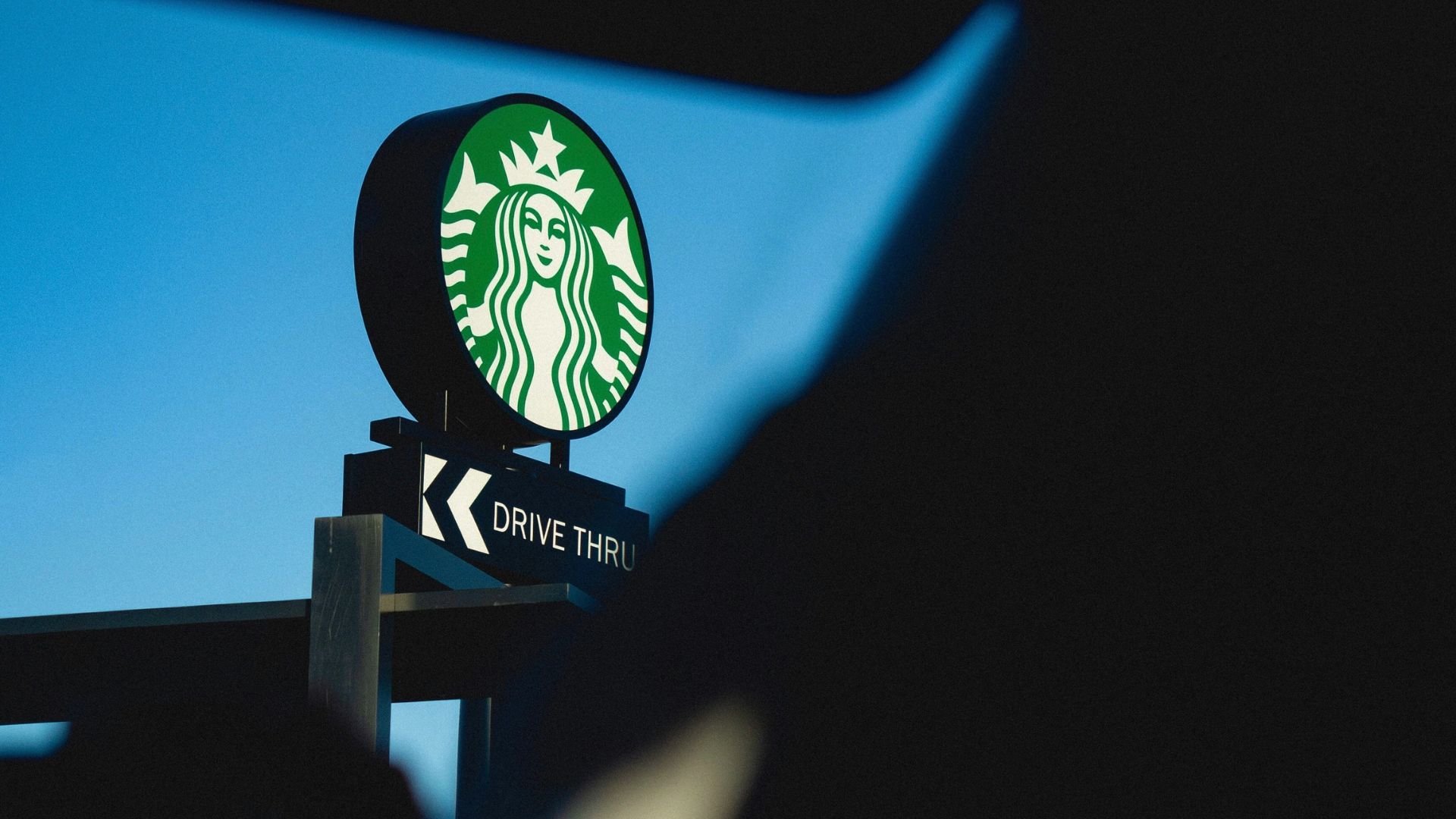
After the courts sided in favor of the NLRB’s injunction request, Starbucks began to appeal — making it all the way to the Supreme Court.
Starbucks has argued that the federal courts inconsistently apply guidelines and criteria about when and how a labor board is allowed to step in during a dispute between employers and employees.
Setting a Higher Bar
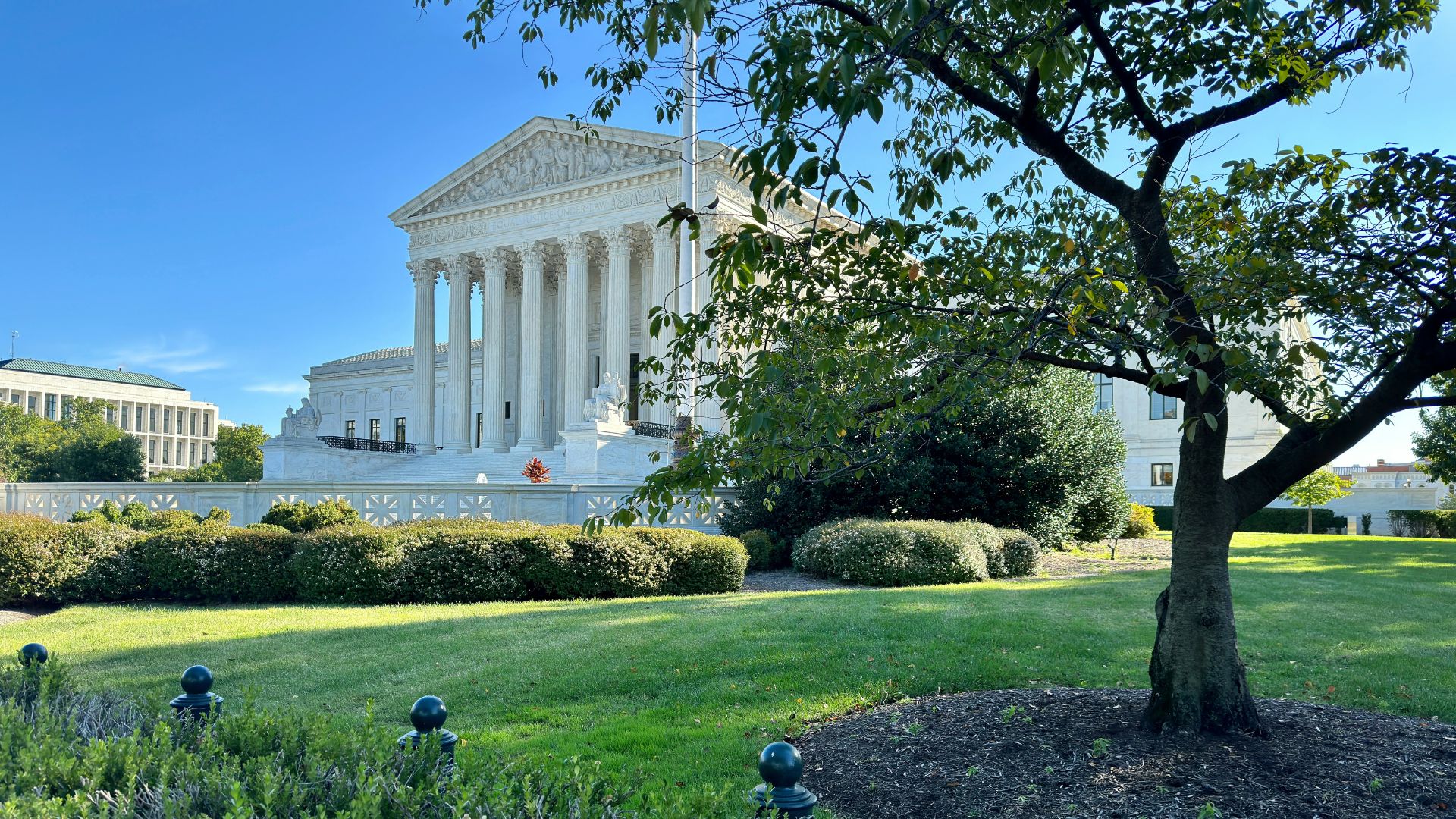
The Supreme Court has ruled in favor of Starbucks, insinuating that the district courts didn’t make its injunction decision on beneficial criteria. Instead, they simply used a two-factor test.
The court has, therefore, ruled that the courts should set a higher bar when the NRLB asks for an injunction.
The Union’s Response
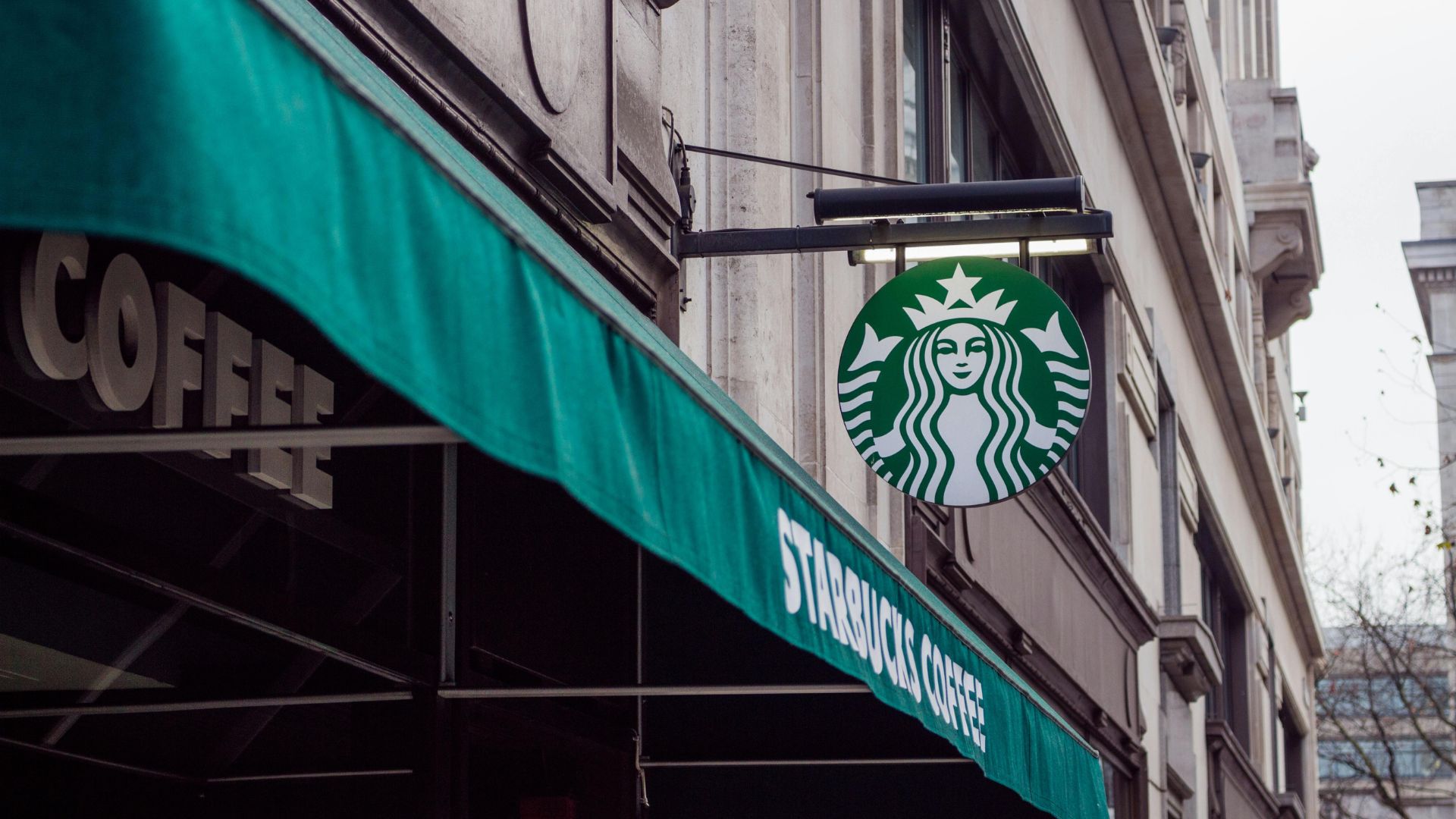
Workers United, the union that represents Starbucks, has already come out to claim that the economy is completely rigged against workers.
Lynne Fox, the president of Workers United, said, “Working people have so few tools to protect and defend themselves when their employers break the law. That makes today’s ruling by the Supreme Court particularly egregious. It underscores how the economy is rigged against working people all the way up to the Supreme Court.”
How This Ruling Affects Workers and Unions
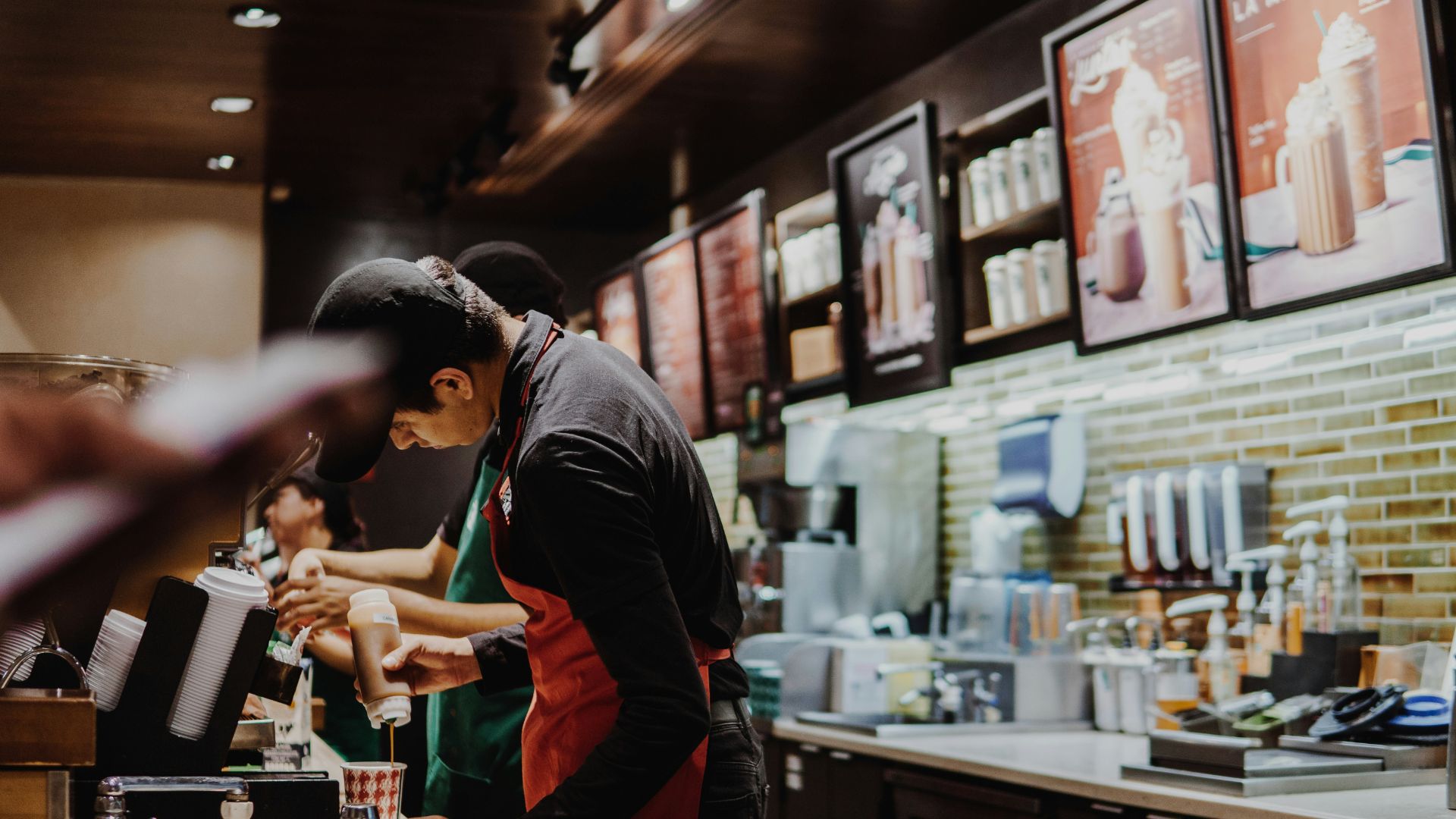
Immediately after the court ruled in favor of Starbucks, many analysts announced that this ruling could negatively affect workers and unions nationwide.
These experts have claimed that this ruling could further embolden employers — many of whom have become increasingly bold already when in dispute with unions. They’ve also stated that employers could be harsher against workers trying to organize.
Companies vs the NLRB
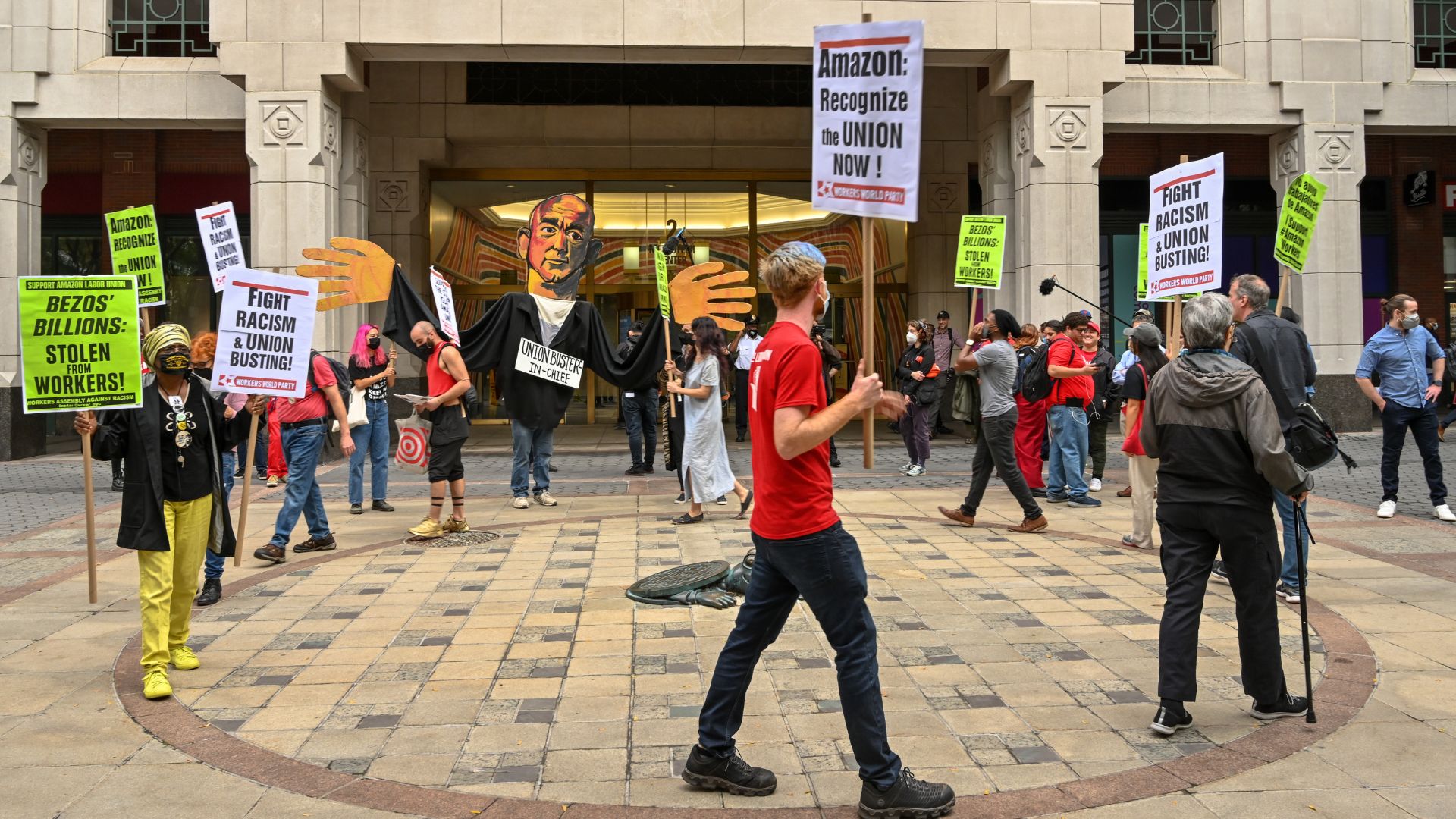
In only the last few years, a huge rift has occurred between many companies and the NLRB. This rift comes as many workers have started to unionize at major companies such as Amazon and Starbucks.
Workers have increasingly sought unionization thanks to inflation worries and lingering pandemic factors. However, this increase in unionization has led many companies, such as Amazon and SpaceX, to claim that the NLRB is unconstitutional.
Injunctions Are Rare
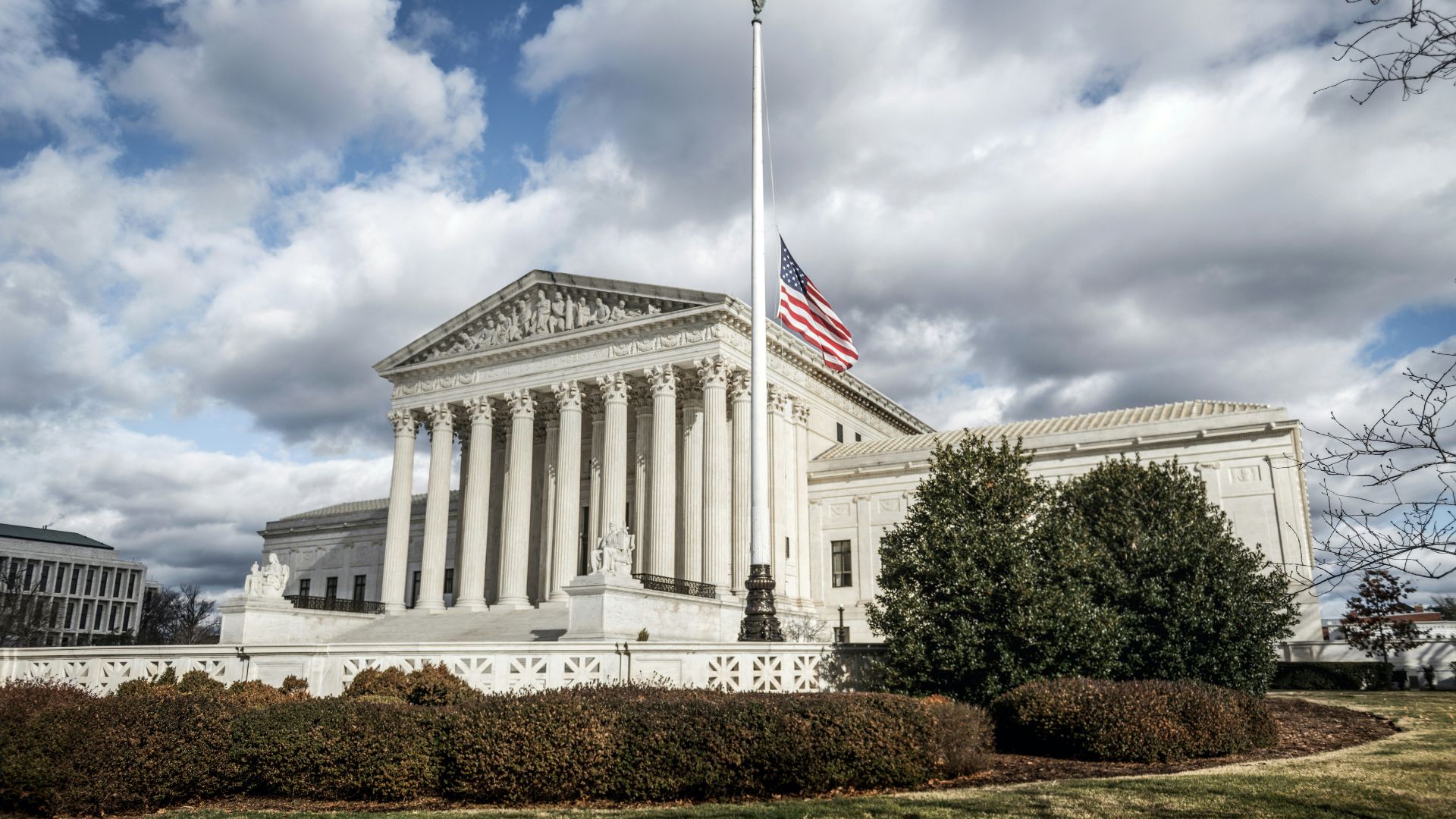
While many experts are concerned that employers could use this ruling to become harsher in retaliation against unionizing employees, some analysts claim that this ruling won’t heavily impact unions at all.
These analysts point out that the ruling has to do with the courts. Already, injunctions are rare. By the time these requests end up in federal courts, the NRLB has already analyzed various aspects of why they’re asking for this injunction — something the Supreme Court has ruled they must do in all cases.
A Ruling on Courts, Not Unions
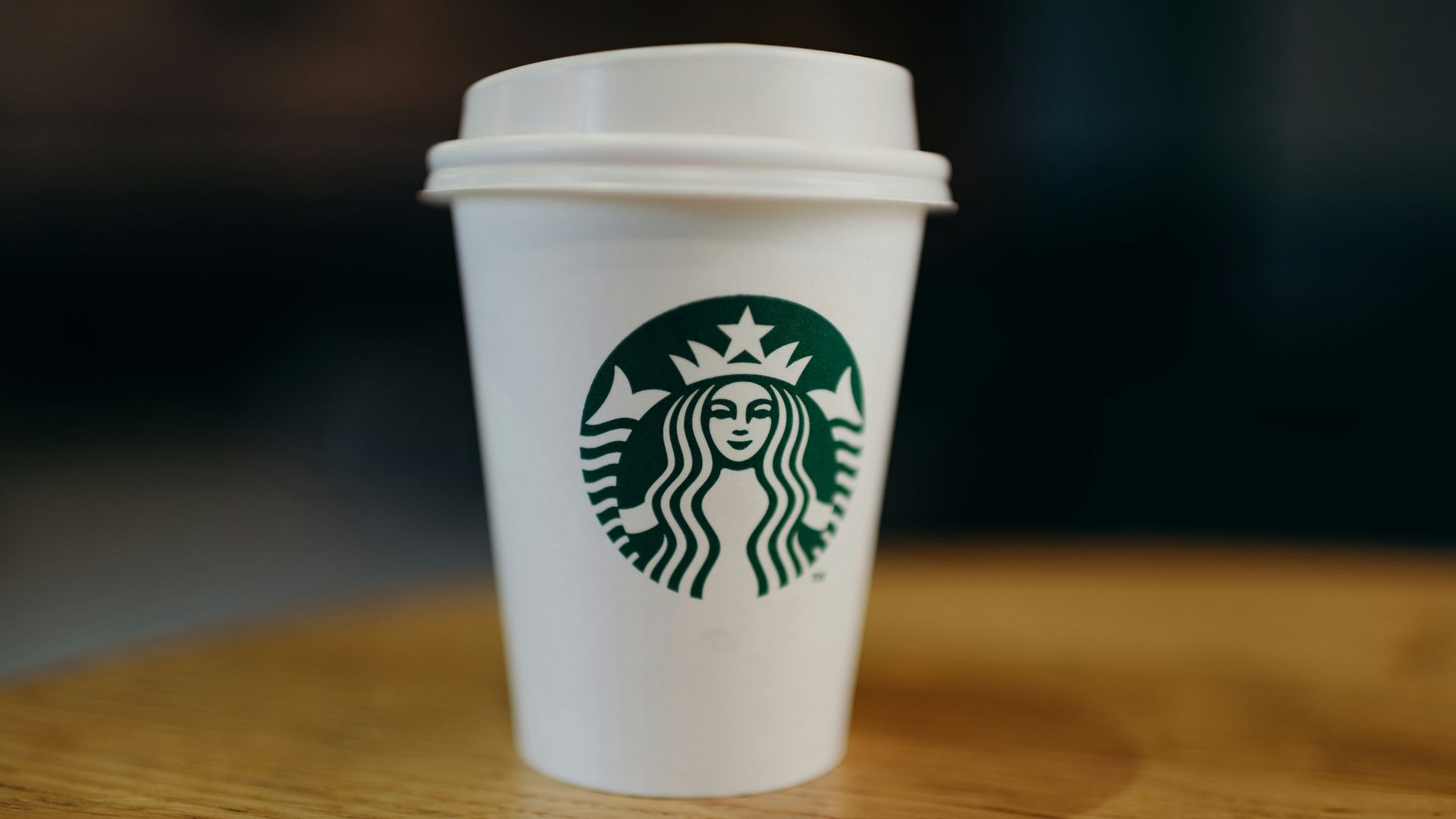
Therefore, this court ruling may not impact unions completely. Cornell University law professor Risa Lieberwitz further explained this reasoning.
Liberwitz stated, “The outcomes in a district court are likely to be similar to what happened before this case, because the board has already gone through a rigorous process of deciding whether it’s appropriate to seek an injunction from a district court.” She also added, “I don’t think that this decision will have a significant impact or perhaps any impact on employees’ ability to unionize.”
